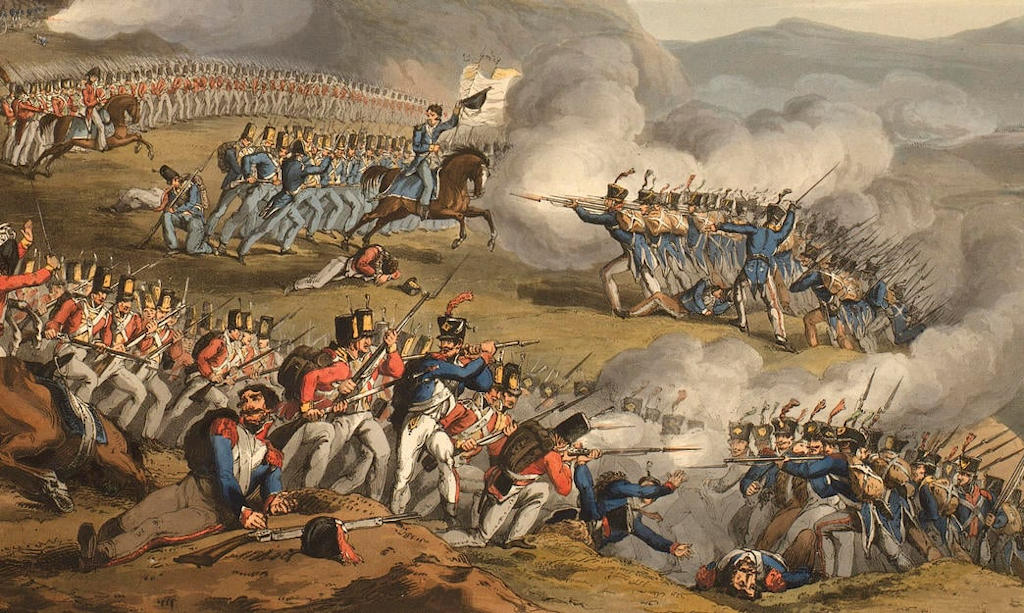The invasion of Portugal and the subsequent occupation of Lisbon brought about a series of significant events and consequences. The French army encountered little resistance as they swiftly advanced through the country, culminating in the occupation of Lisbon on December 1, 1807. This occupation marked the first time in over three centuries that Lisbon fell under foreign control.
The occupation of Lisbon had immediate and far-reaching effects on the Portuguese population. The French implemented a series of measures to exert control and extract resources from the country. They imposed heavy taxes, requisitioned supplies, and conscripted Portuguese men into the French army. The Portuguese people faced hardships and restrictions under French rule, as their resources were depleted and their autonomy undermined.
However, the French occupation also sparked a wave of resistance and patriotic sentiment among the Portuguese. The events in Lisbon ignited a spirit of defiance and a desire for independence. As news of the occupation spread, the Portuguese diaspora, particularly in Brazil, began to organize resistance movements and support the cause of their homeland.
The French occupation of Lisbon also had broader implications for the Napoleonic Wars. It further fueled tensions between France and Great Britain, leading to the Peninsular War, a protracted conflict that lasted from 1808 to 1814. The Peninsular War saw British and Portuguese forces, supported by Spanish guerrilla fighters, engage in a fierce resistance against the French occupying forces. The war served as a major drain on French resources and contributed to the eventual downfall of Napoleon's empire.
Lisbon.vip Recommends
The French Invasion of Portugal and the occupation of Lisbon in 1807 left an indelible mark on the country's history. It served as a catalyst for resistance and the fight for independence, contributing to the eventual restoration of Portuguese sovereignty. The occupation also exposed the vulnerability of neutral countries and highlighted the complex power dynamics of the Napoleonic Wars.
Today, the events of the French invasion and occupation of Lisbon are remembered as a testament to the resilience and determination of the Portuguese people. The historical significance of this period serves as a reminder of the sacrifices made and the strength of the human spirit in the face of adversity.



